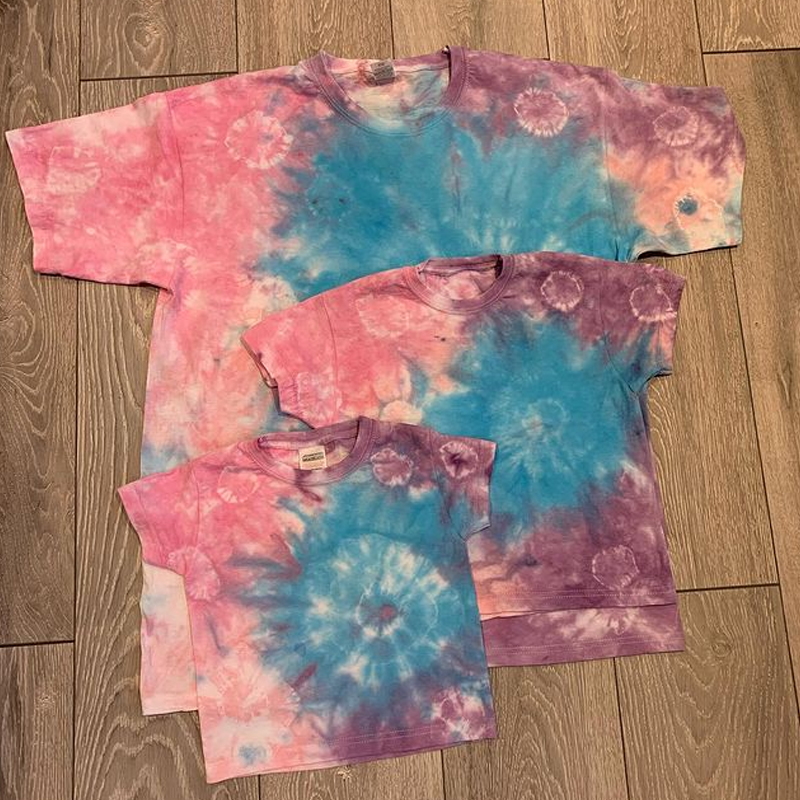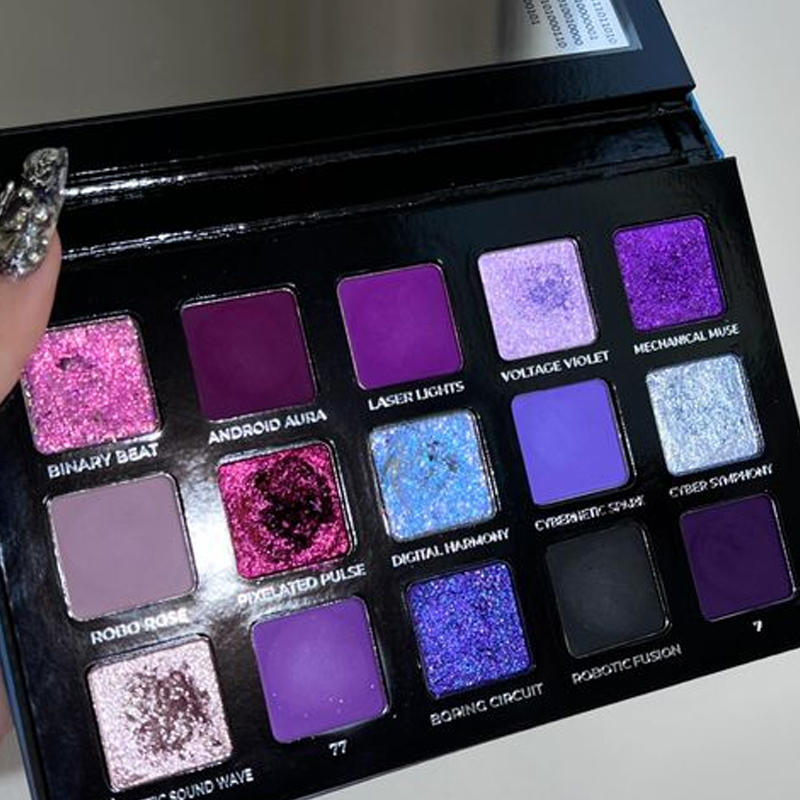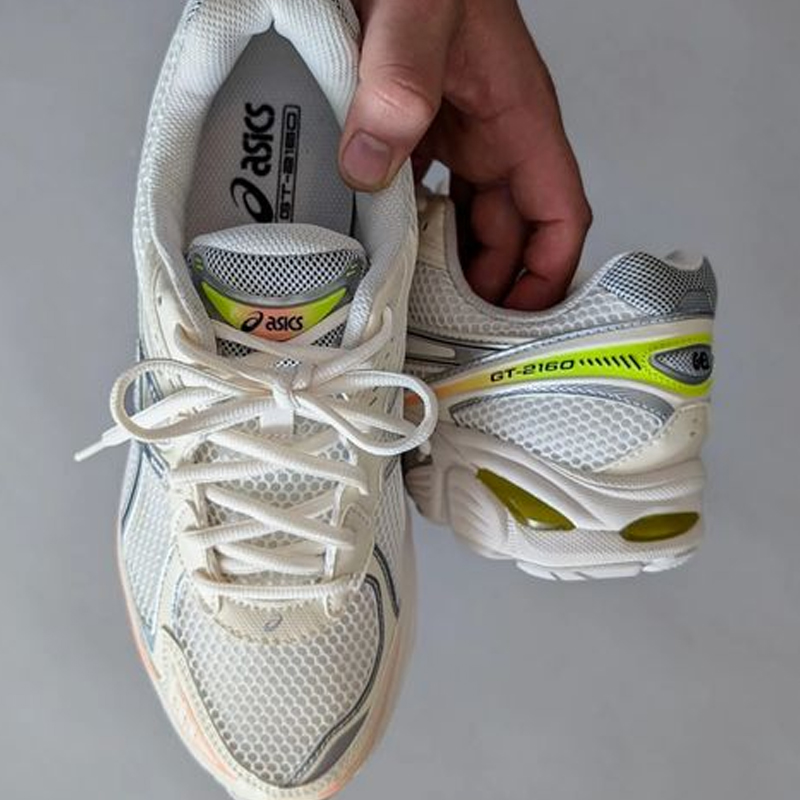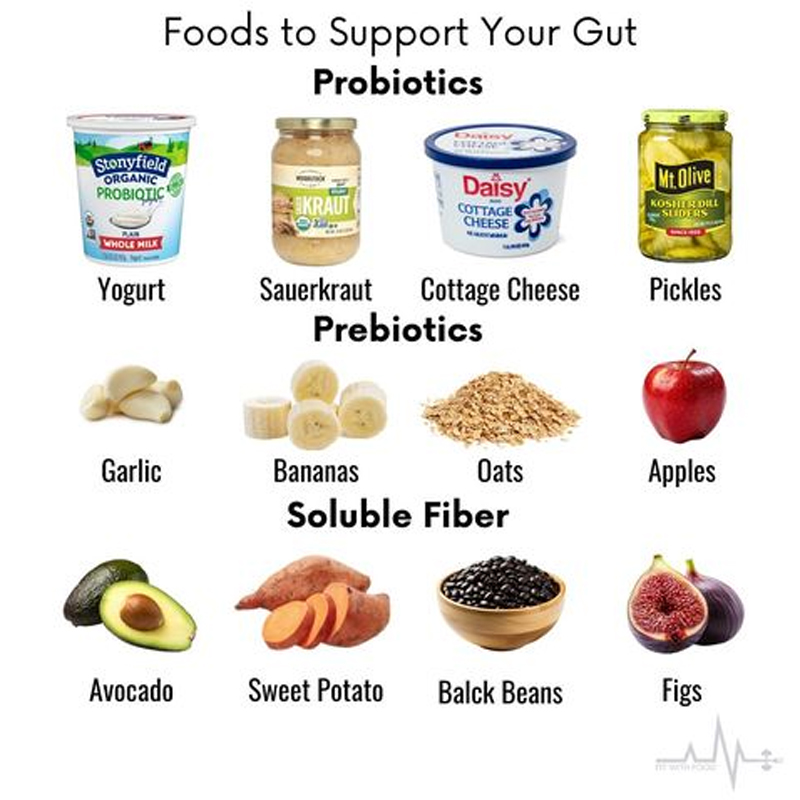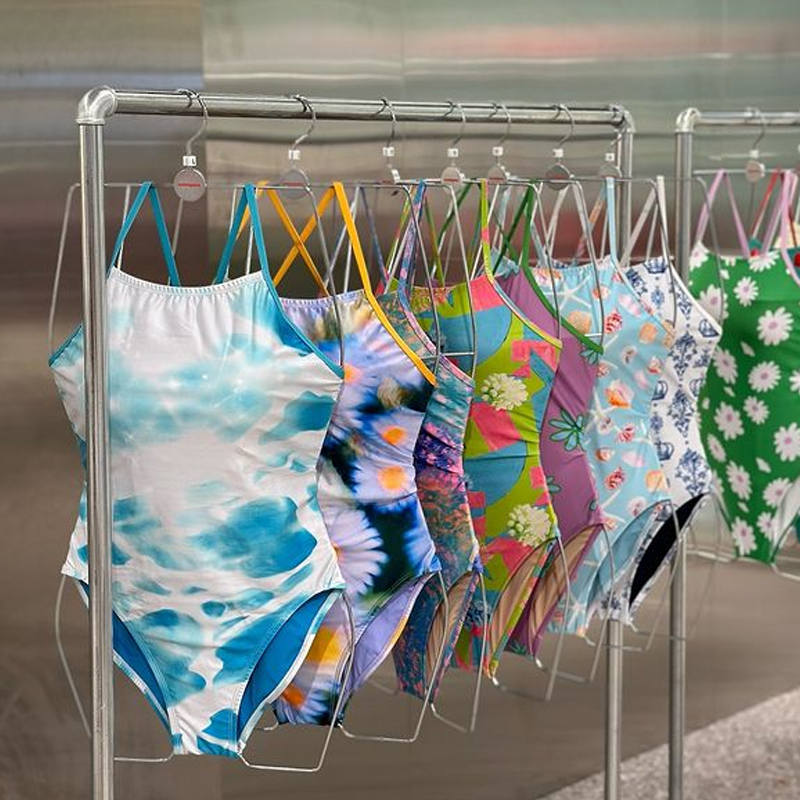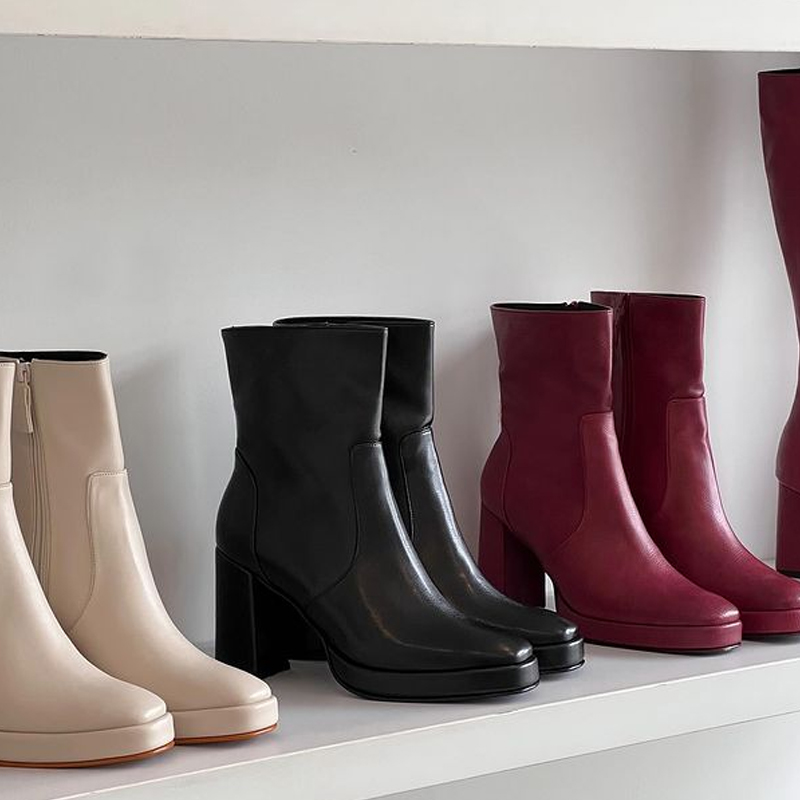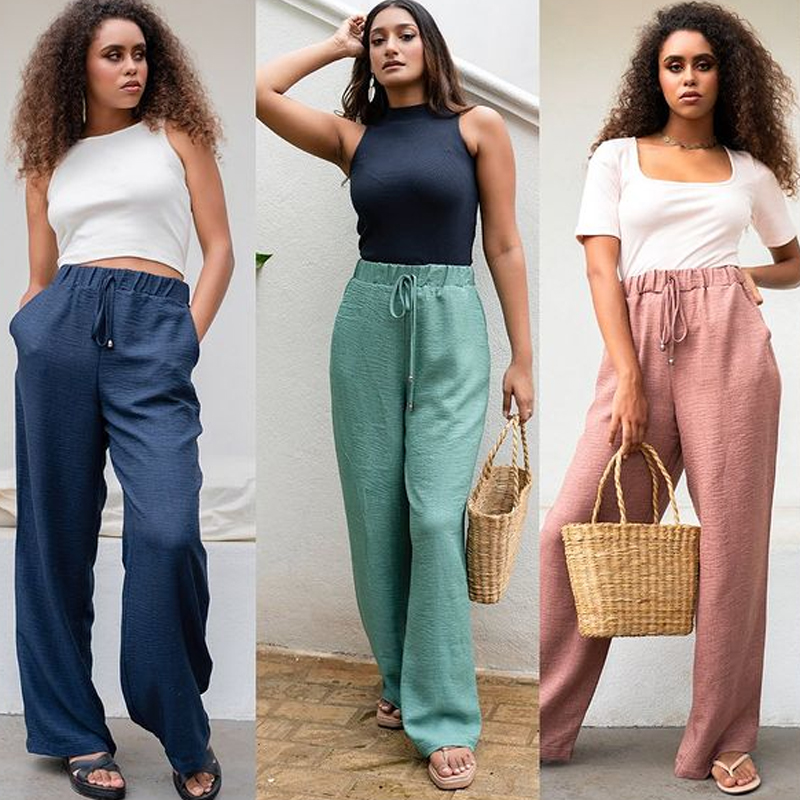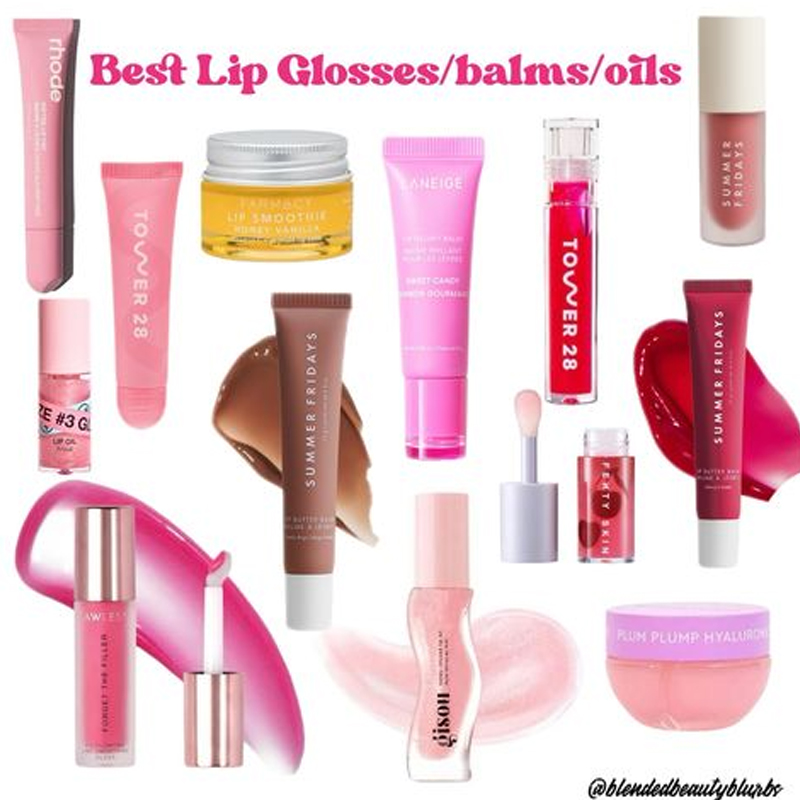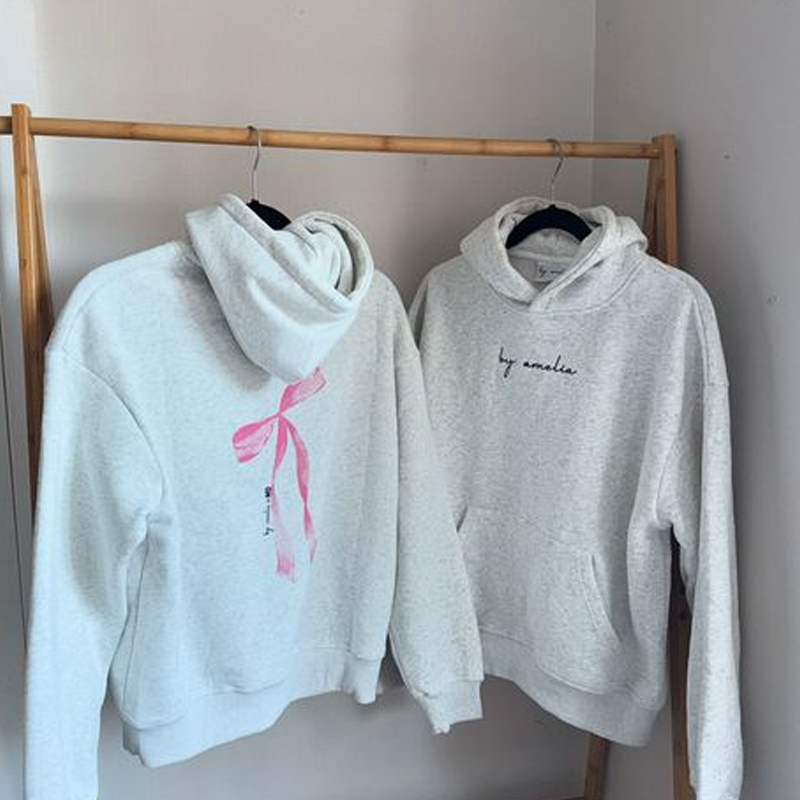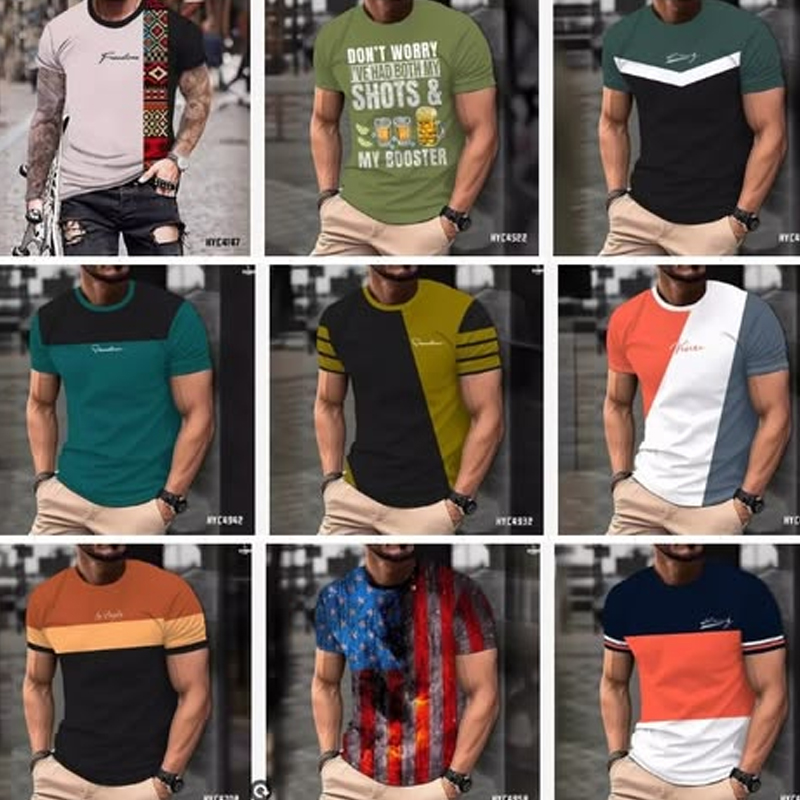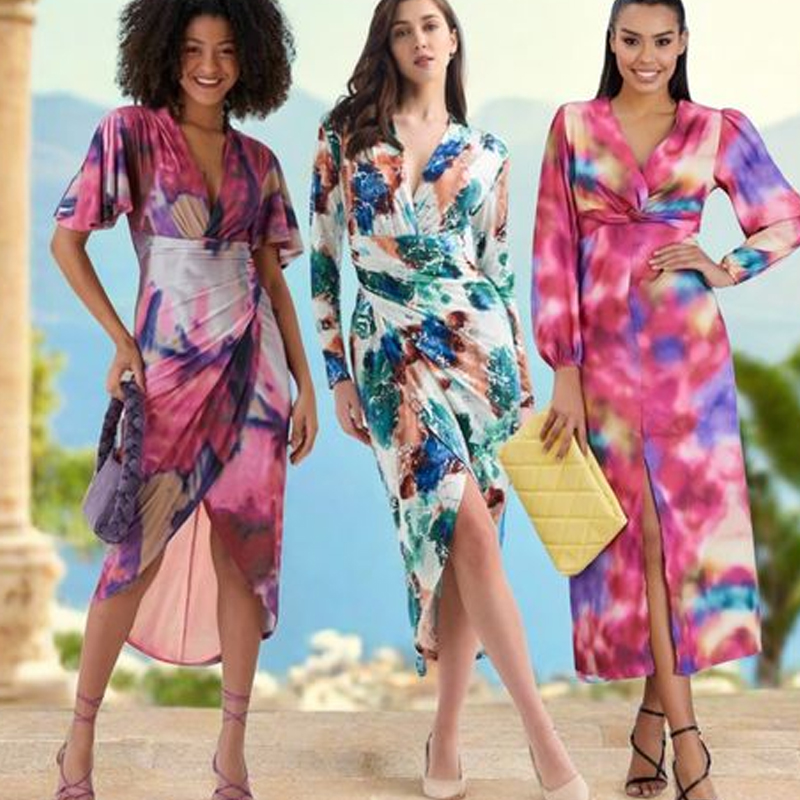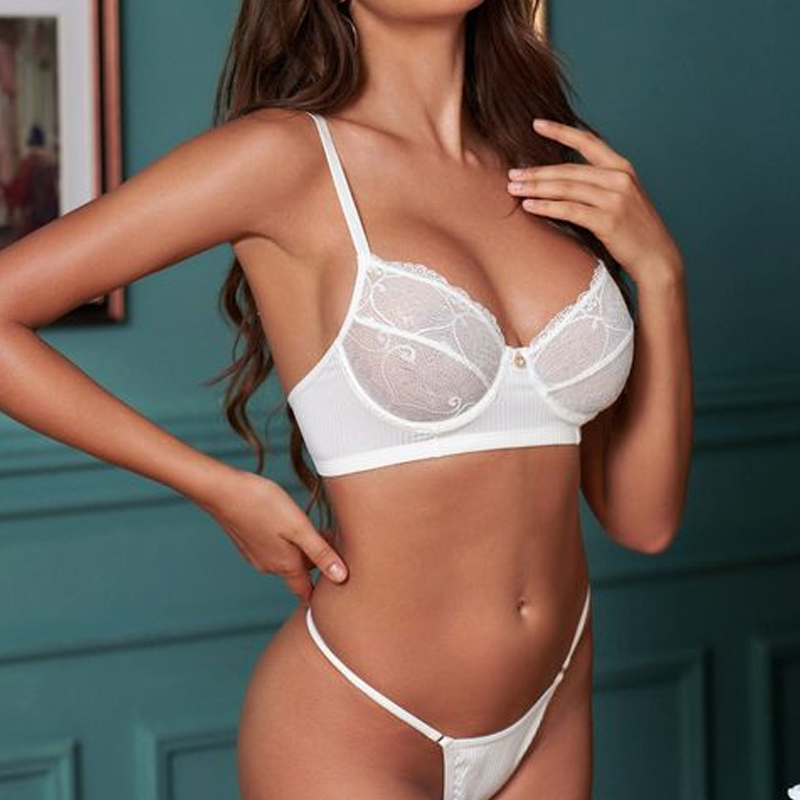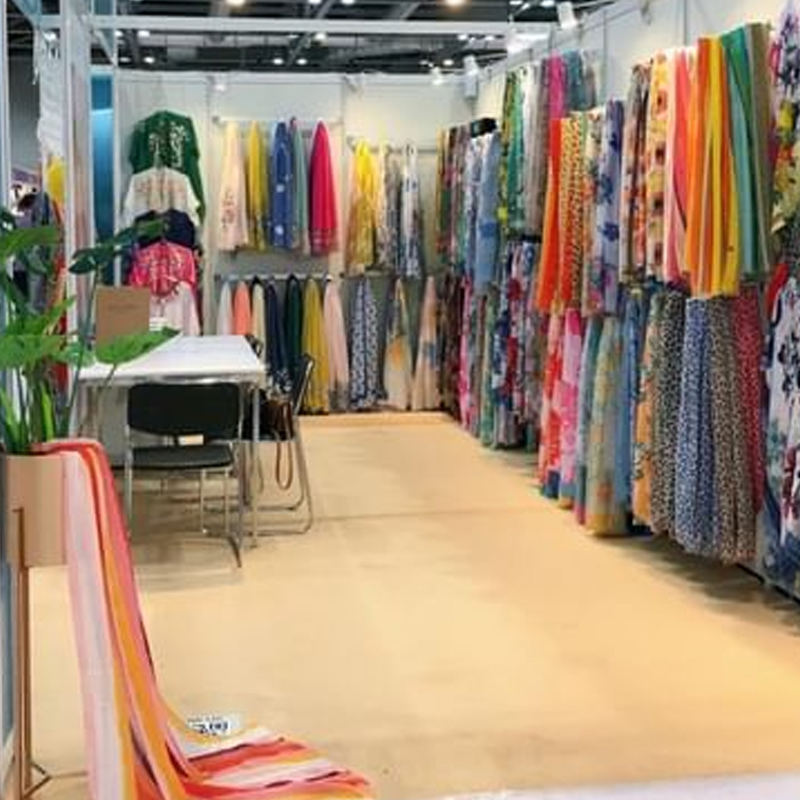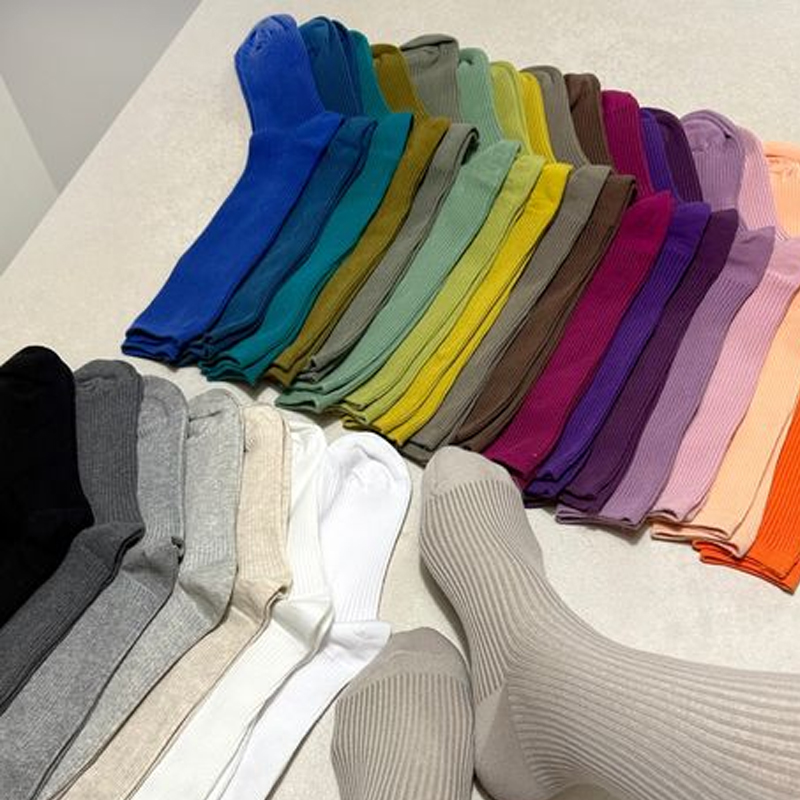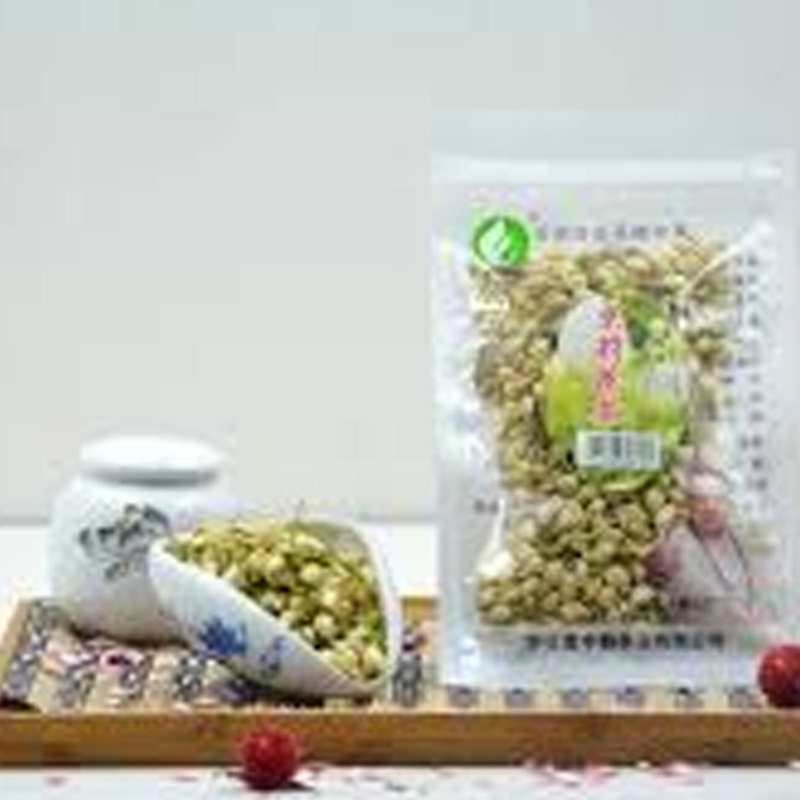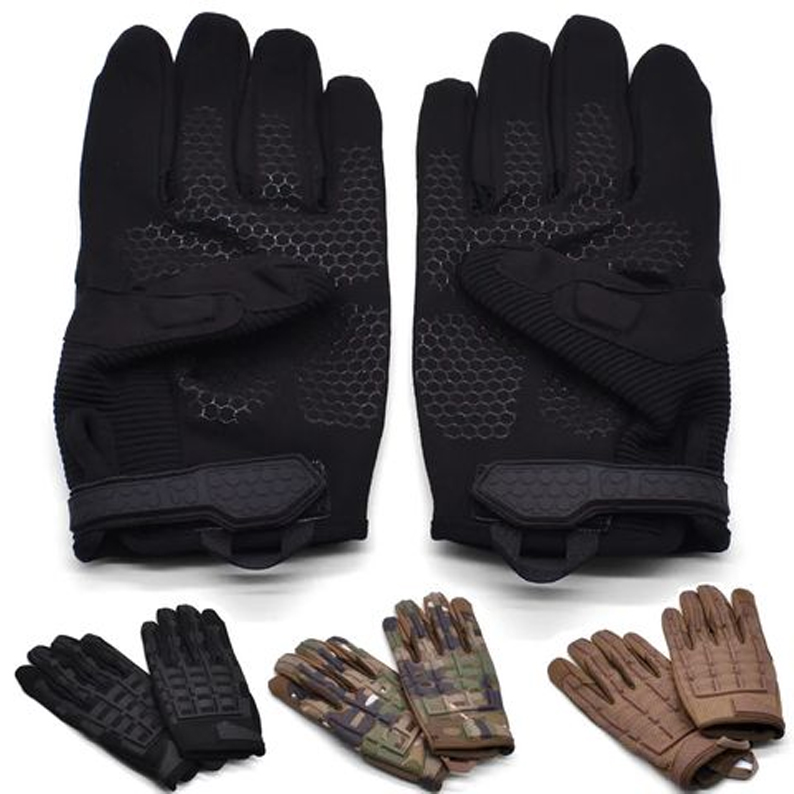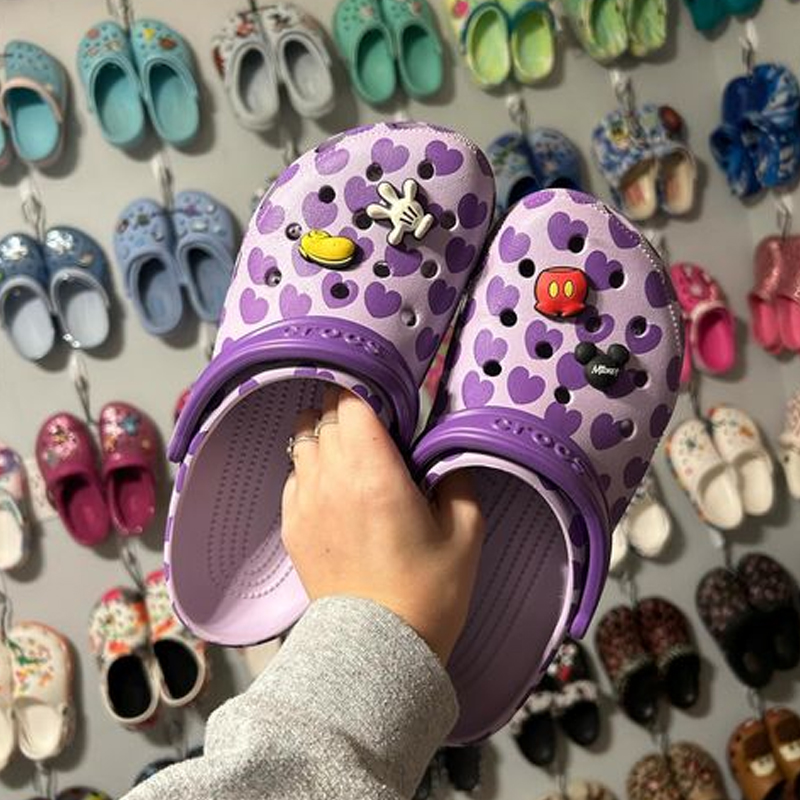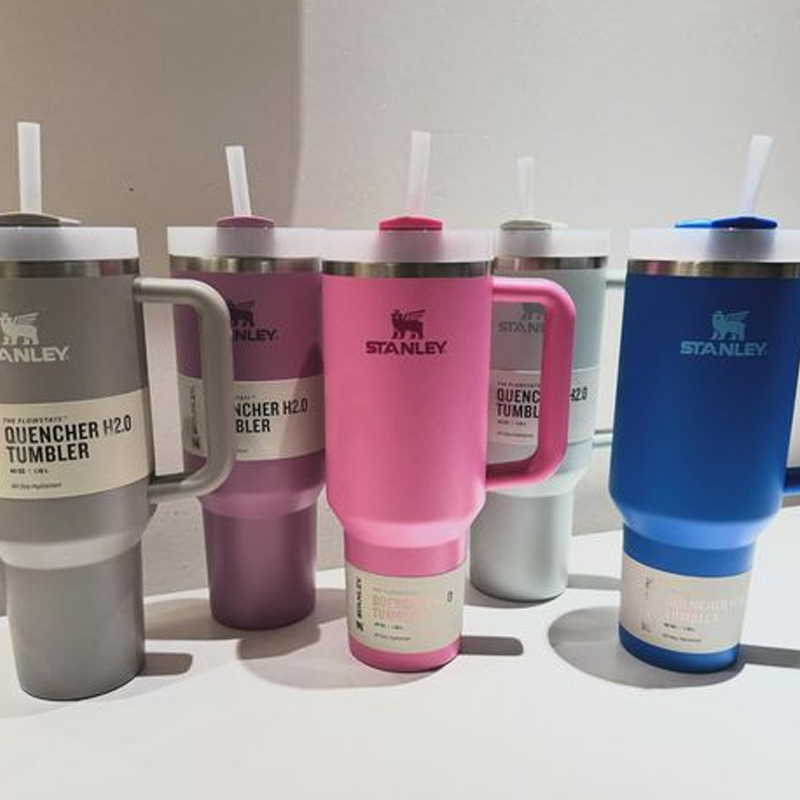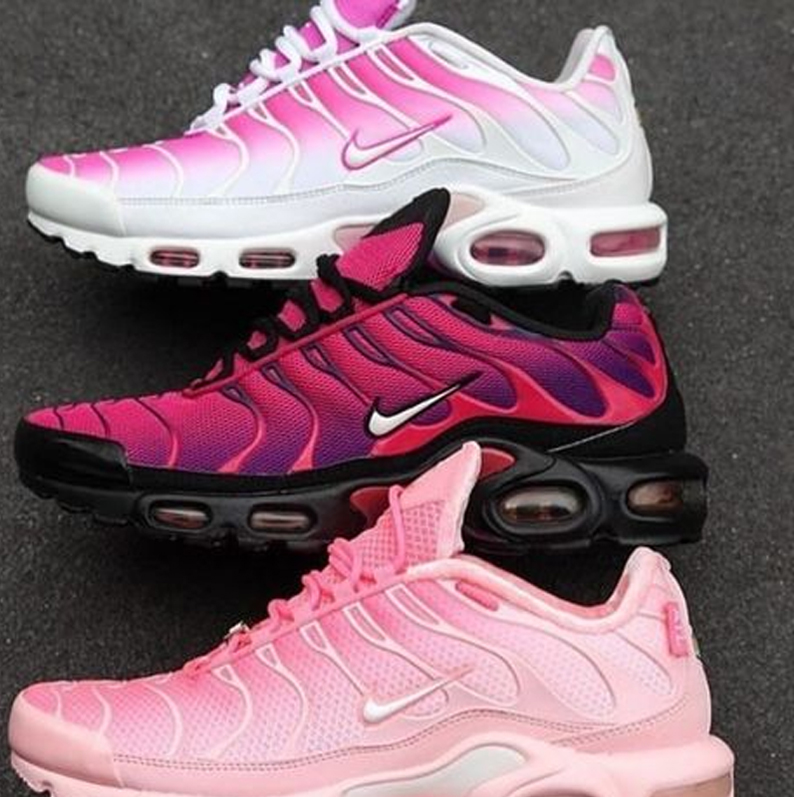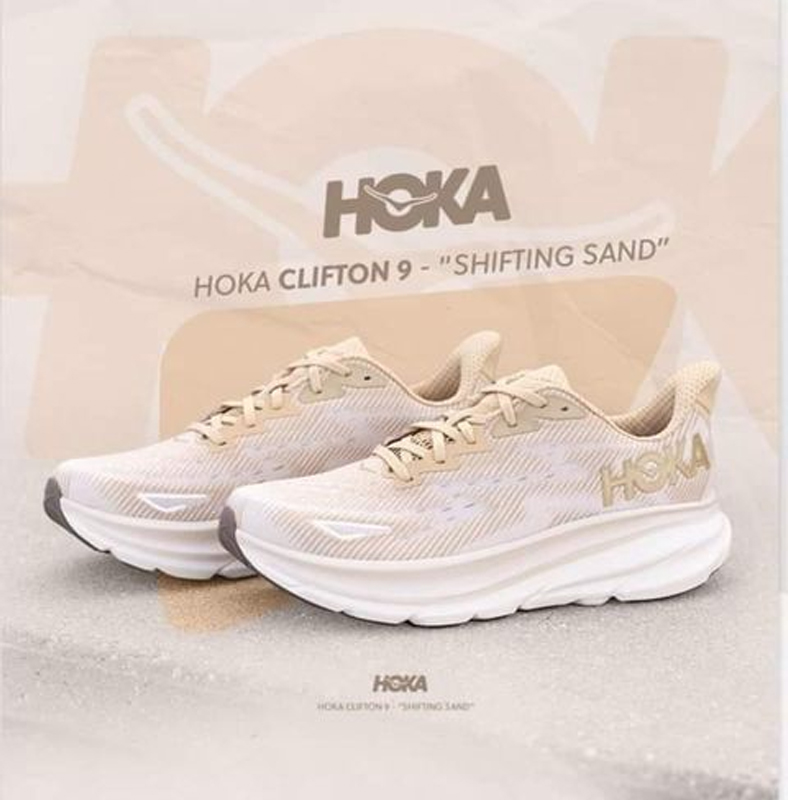In today’s competitive beauty industry, creating a unique brand identity is crucial. This comprehensive guide explores the world of private label cosmetics, offering invaluable insights on everything from selecting the right cosmetic manufacturers to developing a winning product range. Whether you’re a startup or an established brand looking to expand, this article will equip you with the knowledge to navigate ingredient sourcing, target your ideal audience, and implement effective quality control measures. We’ll also delve into pricing strategies, packaging design, and regulatory compliance, ensuring you’re well-prepared to make your mark in the ever-evolving beauty market.
Key Takeaways: Your Roadmap to Private Label Cosmetics Success
- Understanding the private label cosmetics landscape
- Choosing the right cosmetic manufacturers
- Developing a unique product range
- Sourcing high-quality ingredients
- Identifying and reaching your target audience
- Implementing robust quality control measures
- Crafting an effective pricing strategy
- Building a strong brand identity
- Designing eye-catching packaging
- Navigating regulatory compliance
- Staying ahead of beauty trends
What Are Private Label Cosmetics and Why Should You Consider Them?
Private label cosmetics are beauty products manufactured by a third party but sold under your brand name. This business model offers numerous advantages, including lower initial investment, faster time-to-market, and the ability to focus on marketing and brand building rather than production.
By opting for private label cosmetics, you can leverage the expertise of established cosmetic manufacturers while maintaining control over your brand identity. This approach allows you to offer a diverse product range without the need for extensive research and development resources.
How to Choose the Right Cosmetic Manufacturers for Your Brand?
Selecting the right manufacturer is crucial for the success of your private label cosmetics brand. Consider the following factors:
- Experience and reputation in the industry
- Production capacity and scalability
- Quality of ingredient sourcing
- Flexibility in customization
- Compliance with regulatory standards
- Pricing and minimum order quantities
Look for manufacturers who specialize in clean formulations and natural ingredients if that aligns with your brand values. Don’t hesitate to request samples and conduct thorough quality checks before committing to a partnership.
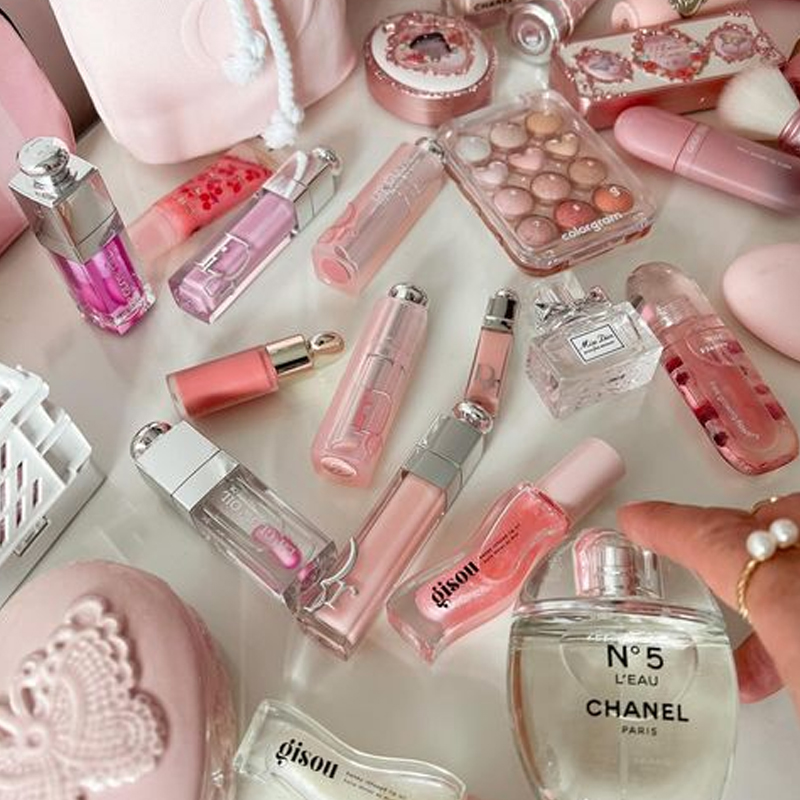
Developing a Unique Product Range: What Should You Consider?
Creating a standout product range is essential for differentiating your brand in the crowded beauty market. Consider these factors:
- Market gaps and consumer needs
- Current and emerging beauty trends
- Your brand’s unique selling proposition
- Potential for multi-use products
- Opportunities for inclusive offerings
Collaborate with your chosen manufacturer to develop innovative formulations that align with your brand vision. Consider offering a mix of staple products and trendy items to cater to a wide range of customer preferences.
The Importance of Quality Ingredient Sourcing: How to Ensure Product Excellence?
Ingredient sourcing plays a crucial role in determining the quality and efficacy of your cosmetics. To ensure product excellence:
- Partner with manufacturers who prioritize high-quality, ethically sourced ingredients
- Consider incorporating natural ingredients and botanicals
- Stay informed about innovative ingredients in the beauty industry
- Ensure transparency in ingredient lists to build consumer trust
Remember, the quality of your ingredients directly impacts customer satisfaction and loyalty. Investing in superior ingredients can set your brand apart and justify premium pricing.
Who is Your Target Audience and How Can You Reach Them?
Identifying your target audience is crucial for developing effective marketing strategies and product offerings. Consider factors such as:
- Age range
- Skin types and concerns
- Lifestyle and values
- Price sensitivity
- Preferred shopping channels
Once you’ve defined your audience, leverage various channels to reach them:
- Social media marketing: Engage with your audience on platforms like Instagram and TikTok
- Partnerships with beauty influencers: Collaborate with influencers who resonate with your brand values
- E-commerce platforms: Establish a strong online presence on popular beauty marketplaces
- Retail partnerships: Consider collaborating with brick-and-mortar stores for wider reach
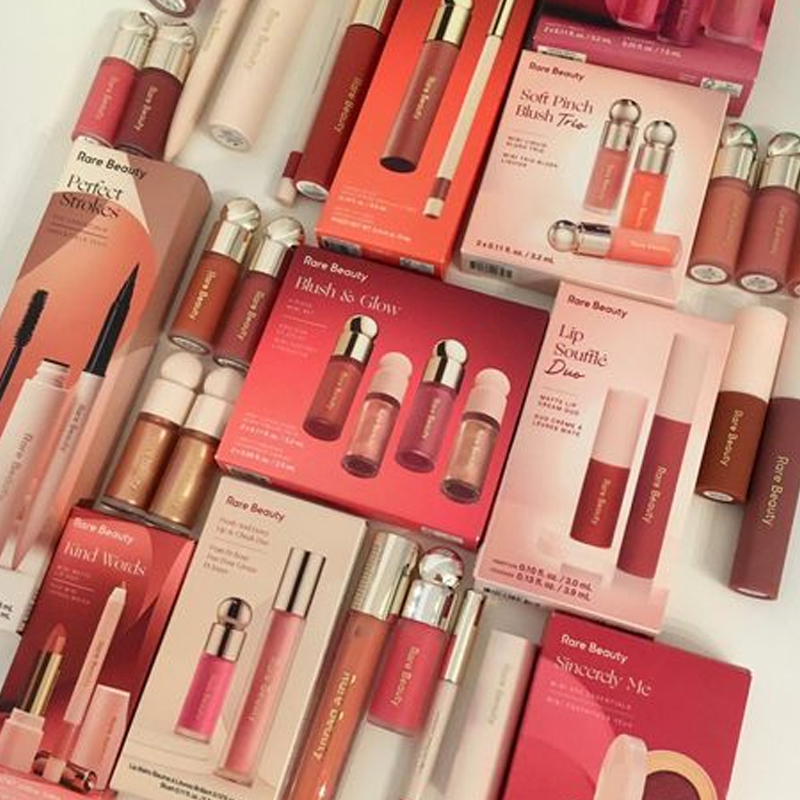
Beauty in Your Brand Mastering Private Label Cosmetics (2)
Implementing Effective Quality Control Measures: What Steps Should You Take?
Quality control is paramount in the cosmetics industry. To ensure consistent product excellence:
- Establish clear quality standards and communicate them to your manufacturer
- Conduct regular audits of manufacturing facilities
- Implement batch testing and product stability studies
- Monitor customer reviews and address any quality concerns promptly
- Stay updated on industry best practices and regulations
Consider investing in third-party testing to validate product claims and ensure compliance with safety standards. This can boost consumer confidence and strengthen your brand’s reputation.
Crafting a Winning Pricing Strategy: How to Balance Profitability and Competitiveness?
Developing an effective pricing strategy is crucial for your brand’s success. Consider the following factors:
- Production costs and desired profit margins
- Competitor pricing
- Perceived value of your products
- Target audience’s willingness to pay
- Potential for promotional pricing and discounts
Don’t forget to factor in additional costs such as packaging, marketing, and distribution when setting your prices. Consider offering tiered pricing or seasonal collections to cater to different customer segments and boost sales during peak periods.
Building a Strong Brand Identity: What Elements Should You Focus On?
Your brand identity is what sets you apart in the crowded beauty market. Focus on these key elements:
- Brand values and mission
- Visual identity (logo, color palette, typography)
- Tone of voice and messaging
- Product packaging and presentation
- Customer experience and service
Consistency is key across all brand touchpoints. Develop comprehensive brand guidelines to ensure a cohesive experience for your customers, whether they’re browsing your website, engaging with your social media content, or using your products.
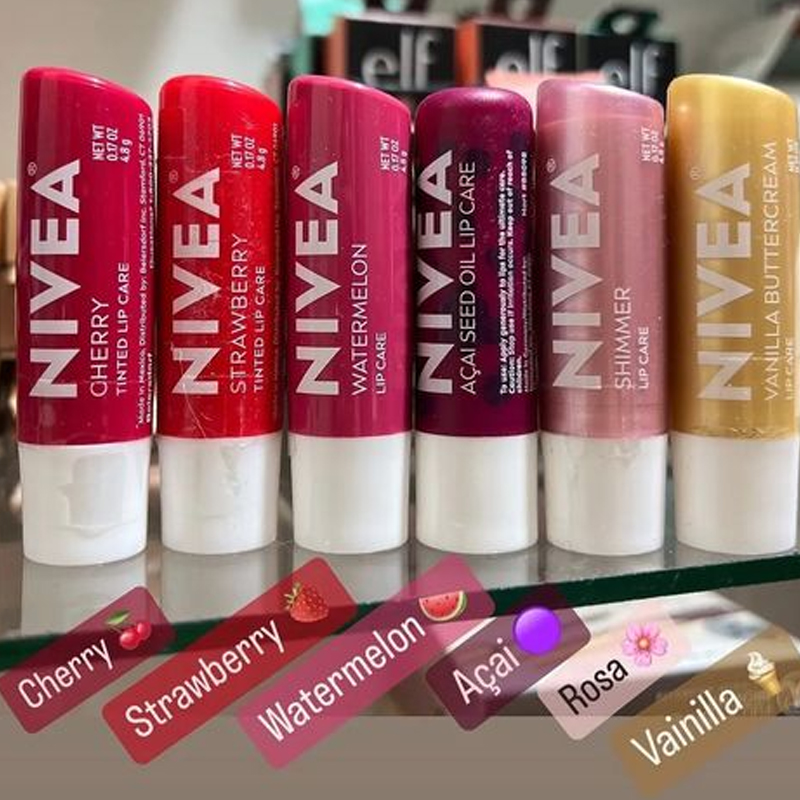
The Art of Packaging Design: How to Make Your Products Stand Out?
Packaging design plays a crucial role in attracting customers and communicating your brand identity. Consider these factors:
- Functionality and ease of use
- Visual appeal and shelf presence
- Alignment with brand aesthetics
- Sustainability and eco-friendliness
- Information clarity and compliance
Invest in high-quality product photography to showcase your packaging across various platforms. Consider incorporating sustainable packaging solutions to appeal to environmentally conscious consumers and differentiate your brand.
Navigating Regulatory Compliance: What Do You Need to Know?
Regulatory compliance is non-negotiable in the cosmetics industry. Familiarize yourself with:
- FDA regulations for cosmetic products
- Labeling requirements and product claims
- Good Manufacturing Practices (GMP)
- International regulations for global markets
- Safety testing and documentation requirements
Stay updated on changing regulations and consider partnering with regulatory experts to ensure ongoing compliance. This not only protects your brand legally but also builds trust with consumers.
Staying Ahead of Beauty Trends: How to Keep Your Brand Relevant?
The beauty industry is constantly evolving. To stay relevant:
- Monitor industry publications and trend reports
- Attend beauty trade shows and conferences
- Engage with your audience to understand their changing needs
- Collaborate with beauty influencers for fresh perspectives
- Invest in research and development for innovative formulations
Consider incorporating emerging technologies like virtual try-on tools to enhance the customer experience. Stay agile and be prepared to adapt your product range and marketing strategies to align with evolving beauty trends.
Maximizing Your Success: Partnering with Chinese Manufacturers
For brands looking to optimize their private label cosmetics business, partnering with Chinese manufacturers can offer significant advantages. China’s cosmetics manufacturing industry is known for its:
- Advanced production capabilities
- Competitive pricing
- Expertise in a wide range of product categories
- Flexibility in customization
- Ability to scale production quickly
If you’re considering Chinese factories as a support for your business, reaching out to experts like BuyFromChinaDirect can help you navigate the sourcing process more effectively. They can assist in finding reputable manufacturers, ensuring quality control, and managing logistics, allowing you to focus on building your brand and growing your business.
Remember, successful private label cosmetics manufacturing is about more than just creating great products. It’s about building a brand that resonates with your target audience, stays ahead of trends, and delivers consistent quality. By partnering with the right manufacturers and focusing on key aspects like ingredient sourcing, quality control, and regulatory compliance, you can create a beauty brand that truly shines in the market.

